Our sermon resource provides access to the last six messages offered during worship. Our Sermon Archive provides access to messages offered over the past three months.
RESOURCES
SERMONS
MOST RECENT SERMONS

Rev. Aaron Carpenter
June 29, 2025
—
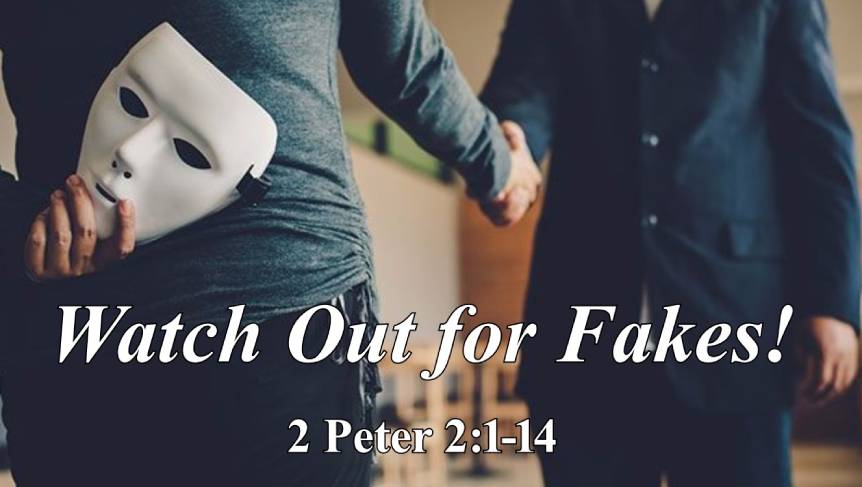
Rev. Aaron Carpenter
June 22, 2025
—
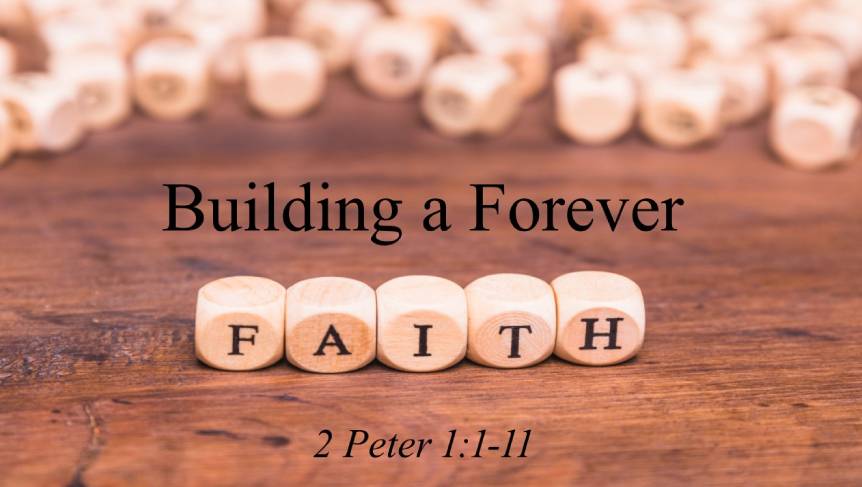
Rev. Aaron Carpenter
June 15, 2025
—
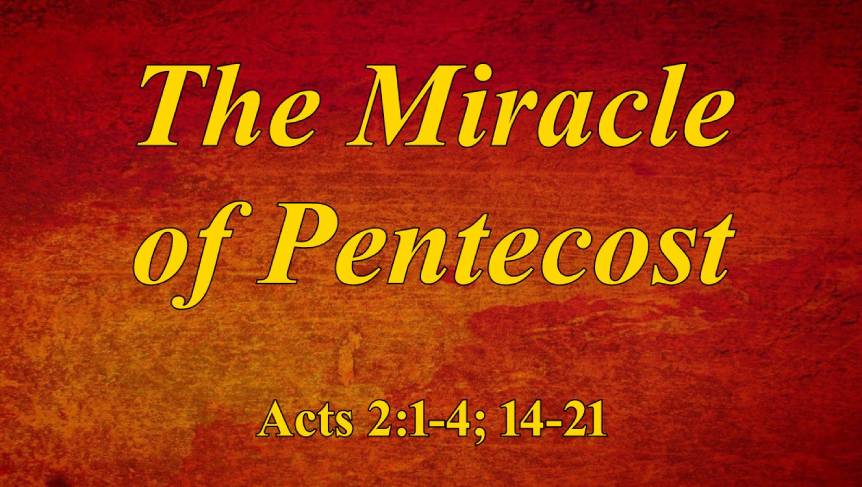
Rev. Aaron Carpenter
June 8, 2025
—
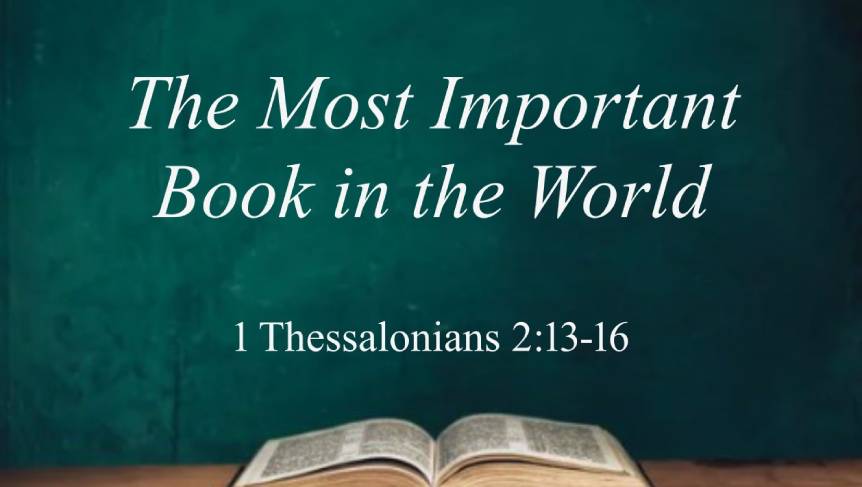
Rev. Aaron Carpenter
May 18, 2025
—
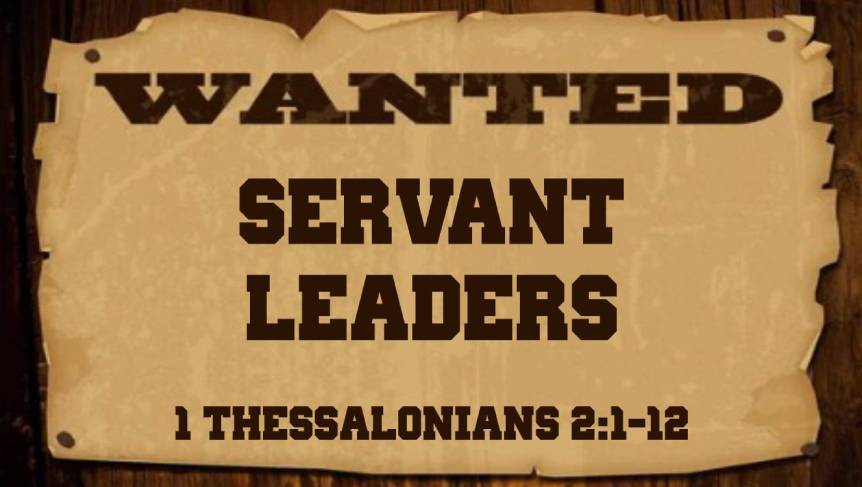
Rev. Aaron Carpenter
May 11, 2025
—
Visit SERMON ARCHIVE for older sermons ::
Study Guide for the Week of June 29, 2025:
Scripture: 2 Peter 2:15-22 || It is extremely dangerous to put medication in the wrong bottle, because then it is being labeled falsely. This same grave concern exists when error is placed in a container labeled truth. The entire second chapter of 2 Peter is devoted to putting the right label on bad medicine doctrinal and spiritual poison. From verses 15 through 22 of this chapter, give us warning signs so that we can avoid being led astray and poisoned as we walk on the path of truth.
First, we are to be careful as we walk (see v. 15). On your own, read these four warnings from the apostle Paul about being led astray: Acts 20:29; 2 Corinthians 11:3; Galatians 1:7; and Ephesians 4:14. Throughout the New Testament, we are warned of the following ruts: legalism, self-righteousness, pride, apathy, doubt, anger, jealousy, and doctrinal error. Paul instructed in Ephesians 5:15, See then that you walk circumspectly, not as fools but as wise. The idea here is to carefully investigate before you take steps so that you walk with exactness. How do we learn to recognize the ruts Paul mentioned and avoid falling into them?
Secondly, we are to be careful with whom we walk (see vv. 16-17). We are to find people who agree with God’s truth and walk with them, which is the reason we go to church and gather together in Bible Study Groups. Together we learn to walk with the Lord by studying the the Walking Manual, the Bible. When we gather in groups, we model for and encourage each other with how to walk as Christians. Conversely, we are to avoid walking with false teachers. The doctrinally unhealthy will always be mixed in with the healthy within God’s assembly, and when it comes to the essentials of Christian truth, it is good and necessary to make clear distinctions. False teachers are described in verses 17-18 as wells without water and clouds carried by a tempest without rain, speaking great swelling words of emptiness. Be warned that false teachers are often eloquent, charismatic people who can impress others with their oratory. Who do you walk with? Who encourages and excites you about Christ?
Next, we are to be careful what we walk toward (see vv. 18-20). The allure of the false teacher’s message is that they promise freedom, but they deliver imprisonment. Their bait is false freedom that entices the believer to abandon obedience to Christ. The false religious system that Peter referred to resembles a belief system that still exists today: a spiritual experience without the narrowness of the gospel, set apart from repentance and rebirth in Jesus. Beware: outward reformation without inward transformation results in spiritual incarceration. This means that someone may be a very spiritual person but not a saved person, because they are deceived by falsehood. Why do you think the gospel needs to be narrow?
Lastly, we are to be careful how our walk ends (see vv. 21-22). Here, Peter pointed out the difference between the nature of an authentically born-again believer and the nature of an unsaved life. Perhaps Peter was thinking of Judas Iscariot as he wrote this, since Judas was as close to Jesus Christ as it gets, and yet in time he reverted to his unregenerate nature and betrayed the Lord. Be warned that, like Judas, our proximity to truth is not a gauge of spirituality. Rather, a more accurate gauge is actual change that over time evidences our new nature in Christ. Here are three simple tests to identify our spiritual nature:
First is the test of character as evidenced by the character of Christ and fruits of the Spirit as described in Galatians 5. Second is the test of creed as evidenced by whether or not we hold to the truth of the essential doctrines of the Scriptures. Third is the test of converts as evidenced by the effect our life and teachings have on those who follow us. How do these tests measure your walk?
The BIG Idea: Caution: be careful; walk acting with caution, prudence, and discretion - in other words avoid unnecessary risks!
How do you focus on the truth, share the truth, listen for the truth, and let the truth lead you?
First, we are to be careful as we walk (see v. 15). On your own, read these four warnings from the apostle Paul about being led astray: Acts 20:29; 2 Corinthians 11:3; Galatians 1:7; and Ephesians 4:14. Throughout the New Testament, we are warned of the following ruts: legalism, self-righteousness, pride, apathy, doubt, anger, jealousy, and doctrinal error. Paul instructed in Ephesians 5:15, See then that you walk circumspectly, not as fools but as wise. The idea here is to carefully investigate before you take steps so that you walk with exactness. How do we learn to recognize the ruts Paul mentioned and avoid falling into them?
Secondly, we are to be careful with whom we walk (see vv. 16-17). We are to find people who agree with God’s truth and walk with them, which is the reason we go to church and gather together in Bible Study Groups. Together we learn to walk with the Lord by studying the the Walking Manual, the Bible. When we gather in groups, we model for and encourage each other with how to walk as Christians. Conversely, we are to avoid walking with false teachers. The doctrinally unhealthy will always be mixed in with the healthy within God’s assembly, and when it comes to the essentials of Christian truth, it is good and necessary to make clear distinctions. False teachers are described in verses 17-18 as wells without water and clouds carried by a tempest without rain, speaking great swelling words of emptiness. Be warned that false teachers are often eloquent, charismatic people who can impress others with their oratory. Who do you walk with? Who encourages and excites you about Christ?
Next, we are to be careful what we walk toward (see vv. 18-20). The allure of the false teacher’s message is that they promise freedom, but they deliver imprisonment. Their bait is false freedom that entices the believer to abandon obedience to Christ. The false religious system that Peter referred to resembles a belief system that still exists today: a spiritual experience without the narrowness of the gospel, set apart from repentance and rebirth in Jesus. Beware: outward reformation without inward transformation results in spiritual incarceration. This means that someone may be a very spiritual person but not a saved person, because they are deceived by falsehood. Why do you think the gospel needs to be narrow?
Lastly, we are to be careful how our walk ends (see vv. 21-22). Here, Peter pointed out the difference between the nature of an authentically born-again believer and the nature of an unsaved life. Perhaps Peter was thinking of Judas Iscariot as he wrote this, since Judas was as close to Jesus Christ as it gets, and yet in time he reverted to his unregenerate nature and betrayed the Lord. Be warned that, like Judas, our proximity to truth is not a gauge of spirituality. Rather, a more accurate gauge is actual change that over time evidences our new nature in Christ. Here are three simple tests to identify our spiritual nature:
First is the test of character as evidenced by the character of Christ and fruits of the Spirit as described in Galatians 5. Second is the test of creed as evidenced by whether or not we hold to the truth of the essential doctrines of the Scriptures. Third is the test of converts as evidenced by the effect our life and teachings have on those who follow us. How do these tests measure your walk?
The BIG Idea: Caution: be careful; walk acting with caution, prudence, and discretion - in other words avoid unnecessary risks!
How do you focus on the truth, share the truth, listen for the truth, and let the truth lead you?
Prayer Requests for the Week of June 15, 2025 ::
Birthdays: Alece Copeland
Anniversaries:
Anniversaries:
Dawn Averett, Clint Beckham, Jim Berry, John & Judy Bonin, James Booker, Emily Bruyninckx, Bro. Aaron & Amanda Carpenter, James Chaney, Lillian Cochran Chenoweth, Tookie Collum, Doug & Donna Cook, Tommie Cook, Ruthie & Mike Cooper, Beth Cumpton, Jack Davison, Tamie Dyer, Liz Darling Gross, Doyle Hammons, J.L. Harrell, Jeanie Hernandez, Claude & Dellie Hicks, Greg Hilburn, Laverne Hudson, Gavin Martin, Wayne McManus, Shane Mees, Rex Muegge, Mike Neathery, Colby Neitz, Allen Nettles, Deborah Oglesby, Gary & Sandra Pesnell, Cheryl & Leroy Ratcliff, Remona Rawls, Henry Rice, Phyllis Scurria, Edward Shoemaker, Hoytt Sims, Carol Sorey, Ronnie Spencer, David & Carol Stansbury, Drew & Deborah Stevens & Family, Kellie Thames, Charlie & Peggy Thomason, John & Janice Thomason, Addison, Kasey & Hayes Thompson, Unspoken, J.C. Vandenberg, Bud Vinyard, Benny Walker, Darryn Walker, Sarah Wallace, Lonnie Walters, Edna Watts, Anita Wing, Puddin Young, People struggling with disasters in North Carolina and California, Israel and persecuted Christians Worldwide, Missionaries Worldwide, Ongoing situation in Ukraine, Our Church, Our Community, and Our Country, Those injured in the New Orleans attack
Family of Michelle Bass, Family of Kay Nolan, Family of Danny Watts, Strickland Family

